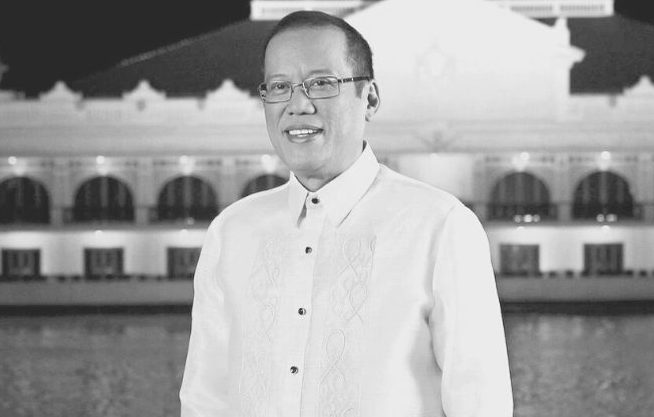THE AQUINO LEGACY: On to ‘Daang Matuwid,’ no to ‘wangwang’

Photo Courtesy of Official Gazette of the Republic of the Philippines
MANILA, Philippines — Benigno “Noynoy” Aquino III, or “PNoy,” won the 2010 presidential election with the campaign tag “Daang Matuwid”—literally “Straight Path”—a mantra meant to usher in a new administration anchored on anticorruption and good governance.
He rooted out the “culture of wangwang,” which he said symbolized abuse of power in the public and private sector.
On his 30th day in office, he signed his first executive order creating the Philippine Truth Commission, which he tasked to probe alleged graft and corruption during the Arroyo administration. But the Supreme Court later junked the EO and ruled that it violated the equal protection clause in the Constitution.
Landmark legislation during his term include the Sin Tax Reform Act, the Responsible Parenthood and Reproductive Health Act, (or RH law), and the Enhanced Basic Education Act, (or K-12 Act).
Aquino pushed for the creation of the Bangsamoro autonomous region, which was seen to end the war in Mindanao. In 2012, the framework agreement was signed in Malacañang, where hundreds of Moro Islamic Liberation Front commanders set foot for the first time.
Three sitting senators, Ramon “Bong” Revilla Jr., Juan Ponce Enrile and Jinggoy Estrada, were ordered arrested and jailed for plunder and multiple counts of graft under the P10-billion pork barrel scam, which was first reported by the Inquirer in July 2013.
In May 2012, Chief Justice Renato Corona, a “midnight appointee” of Aquino’s predecessor Gloria Macapagal Arroyo, was found guilty by the Senate sitting as an impeachment court of falsifying his statements of assets, liabilities and net worth.
Aquino’s administration defended the country’s sovereign rights in the West Philippine Sea through a case filed at the Permanent Court of Arbitration in The Hague. Just two weeks after his term ended, the court ruled in favor of the Philippines, saying China’s “nine-dash line” had no legal basis.
He renamed the waters within the country’s exclusive economic zone as “West Philippine Sea” through an administrative order in September 2012. He told reporters he wanted to be precise: “Let’s make clear what areas we claim as ours.”
Representing the country, Aquino took part in the United Nations Climate Change Conference that made the Paris Agreement possible. The Philippines signed the climate pact in April 2016, along with more than 170 countries.
The passage of the Human Rights Victims Reparation and Recognition Act in 2013 recognized the rights violations committed during martial law, for which the victims or their next of kin were compensated.
Aquino was named one of Time magazine’s 100 most influential people in the world. Time said he “quickly began making his own name” after his father, the Philippines’ most famous political martyr, and his mother, its most beloved President.
He was named Filipino of the Year in 2010 by the Inquirer, who described him as the “Philippines’ biggest rock star of the moment.” — Kathleen de Villa, Inquirer Research
RELATED VIDEO
